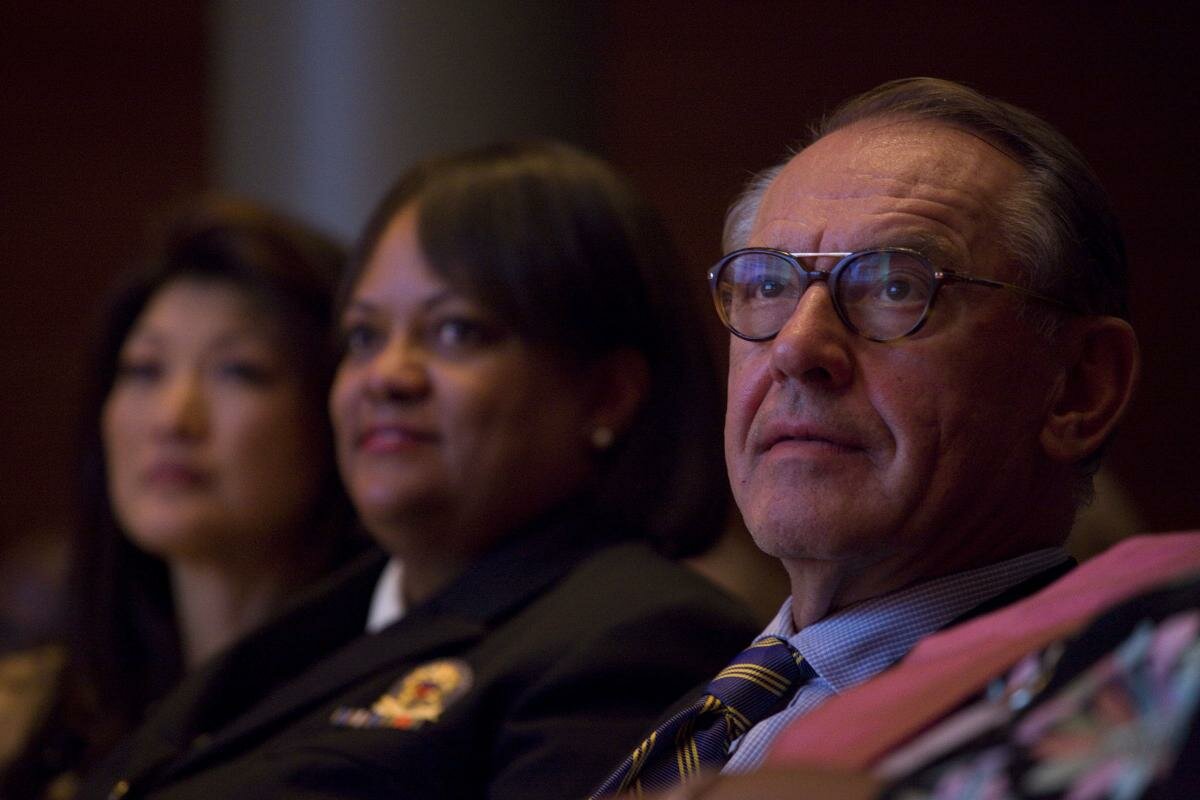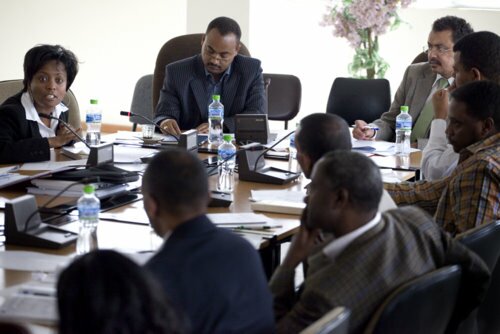October 27, 2011
John Donnelly
 As originally seen at Global Post.
As originally seen at Global Post.
Ambassador Jan Eliasson is the former President of the United Nations General Assembly and Sweden’s former Minister for Foreign Affairs. He currently is on Aspen Global Health and Development’s Global Leaders Council for Reproductive Health. Eliasson spoke to writer John Donnelly about how water and sanitation play in saving women’s lives and about how the explosive issue of abortion has hurt the support for family planning.
How did you get involved in the issues surrounding women’s reproductive rights?
I did this in a roundabout way. For many years, I have worked intensely in Africa. I was in Somalia in the 1990s, and more recently I was mediating in the Darfur conflict. With you deal with these conflicts, you have to go out in the villages and see the realities. I’ve been struck by how water and sanitation is an enormous problem in this area, which has ramifications for the lives of women and children. After I got back from Darfur in 2008, I established Water Aid-Sweden. Having now worked on water and sanitation issues for two years, I see that there is a need to link issues between water and sanitation and the issues affecting women.
READ MORE »

 As originally seen at Global Post.
As originally seen at Global Post.
 As originally seen at The Guardian.
As originally seen at The Guardian.